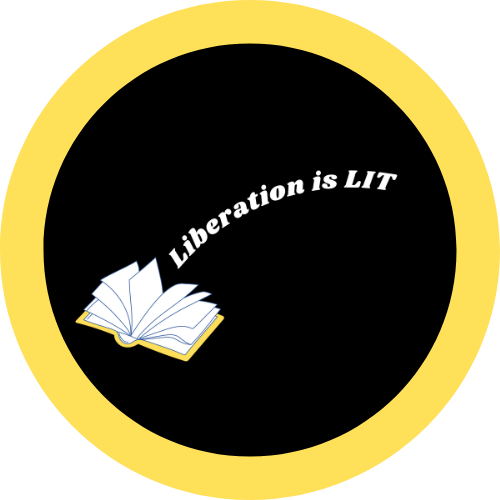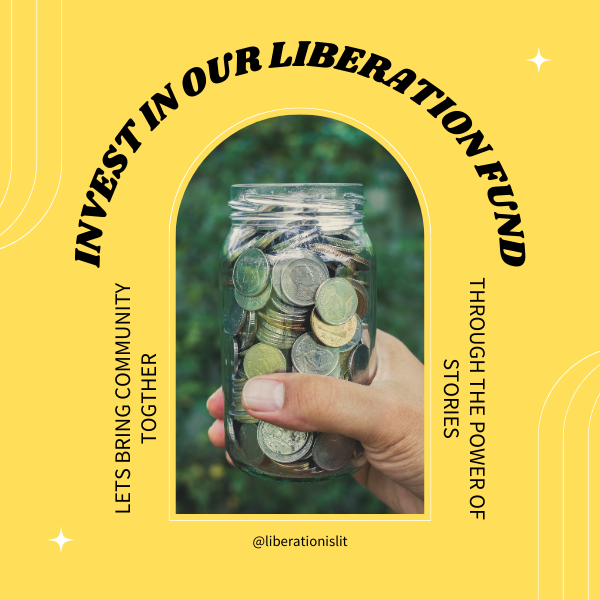As first posted on feministbookclub.com
I hyped up Mika in Real Life by Emiko Jean as a YA read I was anticipating because I loved the Tokyo Ever After series. I was pleasantly surprised to find a coming-of-age story that shows it is never too late to grow into yourself.
Mika in Real Life tells the story of a woman named Mika, a thirty-something struggling to find the life she wants to live. Ever since she decided to give her baby girl up for adoption seventeen years ago, she has given up other things in her life that bring her joy. When her daughter comes back into her life, she goes the extra mile to create the life that will impress her daughter.
Racial identity
This is one of the best books I have read that profoundly talks about racial/cultural identity without it dominating the story. Penny, Mika’s daughter, is a transracial adoptee (adopted by parents of a different race). While her adoptive parents tried to build that cultural bridge for her, there was still this disconnect. When Penny seeks out her birth mother, she finally has the authentic cultural experiences her adoptive parents just couldn’t provide.
Even Mika talks about her struggle to fit in as a young first generation immigrant. Mika’s father (and the society around her) taught her to assimilate, even though her mother was desperately trying to hang on to the cultural aspects that made her feel at home. And even though Mika lives in a predominantly white environment, she still doesn’t dismiss or discount her Japanese heritage.
Relationship to motherhood
Something else that really resonated with me with this story is the commentary about motherhood. There are three prominent mothering perspectives in the book. One perspective is that of Mika, who is trying to figure out how to be a mother to her daughter after seventeen years without her. The next is Mika’s mother, who Mika rebelled against and felt judged by her entire life. Mika’s decision to give Penny up for adoption feels tied to how her mother always treated her in childhood.
The final perspective is one we don’t get to see as overtly, but is a quiet force throughout the novel is the one from Penny’s adoptive mother. We get to see the kind of mother she was through the progress letters she writes to Mika about Penny; we see it every time Penny brings up her mother or Mika inevitably compares herself to the woman who raised Penny.
Each mother made decisions based on the tools they had. They each loved their daughters in their own way.
Reproductive choice
*Slight spoiler alert*
Mika in Real Life is a timely add to the conversation about reproductive choice after the Supreme Court overturned Roe v. Wade. Throughout the novel, Penny’s father is a mystery. When we finally discover that Mika was sexually assaulted and got pregnant, we gain more insight as to why Mika gave Penny up for adoption.
Never once did we see Mika express regret for placing Penny up for adoption. She knew she could not have provided the life Penny’s adopted parents provided, and she was also grateful to have the opportunity to be in Penny’s life later.
While abortion is an important health care procedure, reproductive freedom and choice is more than abortion. It also includes an adoption process that provides a good home to children, but also treats the mother with dignity and respect for her choice. For more of our coverage of the overturning of Roe v. Wade you can read about the history of adoption here, some books in response to the overturning here, and a story in parts about the importance of abortion access here.
Overall, this book touched me in so many different ways. Emiko Jean has always done a great job of mixing heavier and more serious topics in a fun read that doesn’t feel like a chore. It’s awesome to see her write both YA and adult novels well. And I knew she could write spicy scenes well from the little taste I got in Tokyo Dreaming. I definitely recommend!


